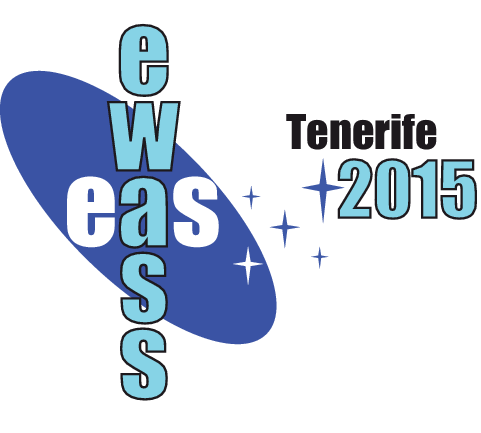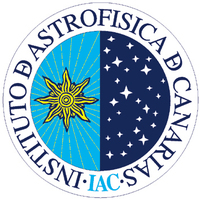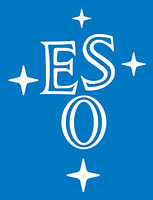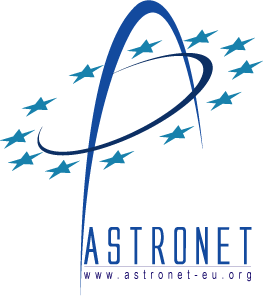Special Session Sp10
23 June 2015
The quest for detecting the primordial gravitational wave background
Aims and scope
Precision cosmology has shown that the geometrical properties of our universe, the large-scale structure formation, its evolution, and the statistical properties of the primordial fluctuations are compatible with the basic predictions made by cosmic inflation. A key observable in establishing these properties has been the cosmic microwave background (CMB), in particular, the ESA Planck satellite.
It is precisely the CMB the field that could provide the definitive prove of the validity of the cosmic inflationary paradigm. The exponential growth that defines the cosmic inflation produces a genuine signature: the generation of tensor perturbations, which can be seen as gravitational waves. These primordial perturbations have an impact on the CMB B-mode polarization. This curl polarization is otherwise null, except from the contamination produced by the large-scale structure of the universe, which transform the gradient polarization (E-mode) into the B-mode, via the gravitational lensing effect.
Therefore, the detection of the primordial gravitational wave background will represent a clear confirmation of the inflationary paradigm. Even more, a strong detection will help to distinguish among competing models. However, the detection of the primordial gravitational wave background is extremely challenging. First, the amplitude of the background is, in general, a non-predicted parameter by the theory and, in principle, could be too low to be detected by current experiments. Second, astrophysical foregrounds are a major contaminant, presenting amplitudes similar, or even larger, that the primordial signal.
The B-mode detection announced by BICEP2 in March 2014, represents a strong motivation in the field, since, if its primordial nature is confirmed, it shows that our current instrumental developments are sensitive enough to extract very valuable information related to the very early stages of the Universe.
This Special Session would pay particular attention to present efforts on the development of CMB polarization experiments, but also encouraging discussions on related aspects such as data analyses and fundamental physics.
Programme
Invited speakers
- Carlo Baccigalupi (SISSA)
- Jaques Delabrouille (APC - AstroParticule et Cosmologie)
- Ella Battistelli (Universita di Roma 'La Sapienza')
- Reno Mandolesi (Universita di Ferrara)
- Aniello Menella (Universita di Milano)
- Tania Regimbau (Observatoire de la Cote d'Azur)
Scientific organisers
- Enrique Martinez-Gonzalez (Instituto de Fisica de Cantabria, CSIC-UC)
- Patricio Vielva (Instituto de Fisica de Cantabria, CSIC-UC)
- Marco Bersanelli (Universita di Milano)
- Jaques Delabrouille (APC - AstroParticule et Cosmologie)
- Jean-Christophe Hamilton (APC - AstroParticule et Cosmologie)
Contact
martinez @ ifca.unican.es
Updated on Thu May 28 16:50:03 CEST 2015
|

 A power cut will shut down all EAS services on Tuesday, 10 January 2017 starting at 7:30 CET.
A power cut will shut down all EAS services on Tuesday, 10 January 2017 starting at 7:30 CET.


















